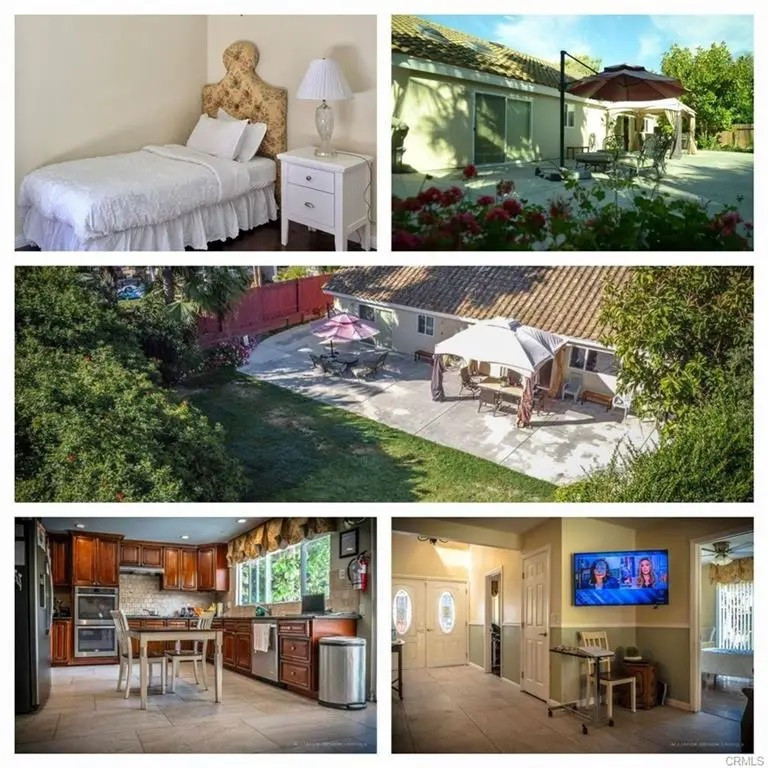The Role of Assisted Living Real Estate Brokers in Today’s Growing Senior Housing Market
As the population ages and the demand for senior housing increases, assisted living real estate brokers have become an essential part of the healthcare and property sectors. These specialized brokers focus on connecting investors, operators, and families with facilities that provide safe, supportive, and high-quality living environments for seniors. With the rise in demand for assisted living facilities across North America, their expertise has become crucial in navigating this rapidly expanding market.
Unlike traditional real estate professionals, assisted living brokers understand both property value and the unique requirements of senior care. They do more than buy and sell properties—they assess compliance with healthcare regulations, analyze operational performance, and consider the overall livability of facilities for seniors. Their role bridges the gap between healthcare and real estate, ensuring that properties not only meet investment standards but also provide the level of care seniors deserve.

The market for assisted living properties has grown steadily over the past decade. Families are increasingly seeking alternatives to nursing homes, looking for places where their loved ones can enjoy independence while receiving the support they need. This growing demand creates significant opportunities for investors and developers. Assisted living real estate brokers guide these stakeholders through site selection, acquisition, financing, and even facility expansion, making them indispensable to the process.
At the heart of their work lies a strong understanding of community needs. Brokers must evaluate factors such as proximity to hospitals, accessibility for visiting families, and amenities that enhance quality of life for seniors. A facility in the right location can thrive, while one in the wrong place may struggle to attract residents. This is why investors and operators rely heavily on the guidance of professionals who specialize in assisted living transactions.
For many, the introduction to this field comes through specialized firms like senior living realty, which focus exclusively on the senior housing market. Such firms offer tailored services that include property valuation, market research, and buyer-seller matching specifically within the assisted living and senior housing sector. They understand the complexities involved in these deals, from licensing requirements to long-term operational viability. By combining real estate knowledge with industry-specific expertise, these firms help both investors and care providers make informed decisions that benefit seniors and communities alike.
Beyond property transactions, assisted living real estate brokers often act as advisors. They provide insight on emerging trends in senior living, such as the growing demand for memory care units, wellness-focused facilities, and communities that offer lifestyle amenities like fitness centers, gardens, and cultural activities. They also advise on regulations and compliance, helping investors and operators avoid costly mistakes. This consultative role ensures that the properties being developed or purchased are well-positioned for long-term success.
In addition, assisted living brokers play a vital role in succession planning for existing operators. Many senior living facility owners eventually decide to sell their businesses, whether to retire or move on to new ventures. Brokers help them find the right buyers who will continue to provide high-quality care for residents while also offering a fair return on investment. This creates stability in the industry and ensures that seniors experience minimal disruption during ownership transitions.
The demand for assisted living is expected to continue rising as the baby boomer generation enters retirement age. This demographic shift makes the role of brokers even more important. They will not only facilitate real estate transactions but also shape the future of senior living by guiding development in areas of highest need. Investors and operators who work closely with experienced brokers are better positioned to meet market demands while ensuring that seniors receive the supportive, enriching environments they deserve.
In conclusion, assisted living real estate brokers provide expertise that goes beyond traditional property sales. They combine real estate knowledge with healthcare awareness, financial acumen, and community planning skills to ensure successful outcomes for investors, operators, and residents alike. Firms like senior living realty demonstrate how specialized brokers can make a meaningful impact in this growing sector. As the demand for senior housing continues to rise, their role will only become more vital in shaping communities where seniors can thrive with dignity, independence, and care.
Comments
Post a Comment